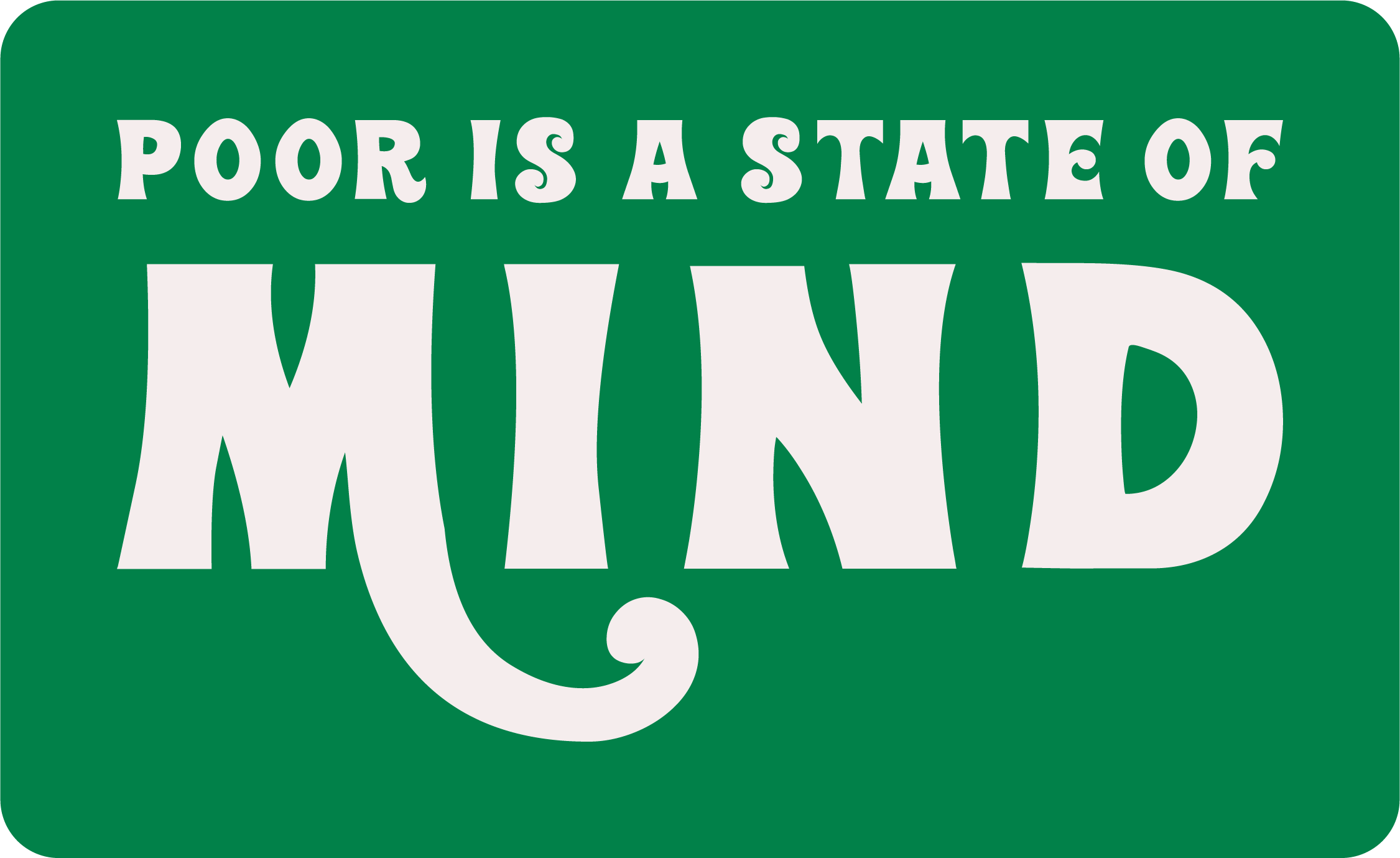Building a Budget That Works
Building a budget that works: Your Path to financial success
Building a budget that works for you is one of the most important steps you can take to achieve financial stability and reach your goals. A truly effective budget balances financial responsibility with your lifestyle needs.
💰Step 1: Determine Your Net Income
Calculate your monthly income after taxes. Be sure to include income from side hustles, tip income, and any other income.
If you are self employed, don’t forget to account for taxes you’ll owe on this type of income. TaxAct has a self employment tax calculator which will help estimate your tax obligations.
📊 Step 2: Know Your Spending Habits
Before you begin building a budget that works, you need to know where your money is going. This means tracking your expenses, no matter how small.
Make sure to include large expenses that may not occur every month. Things like property taxes, insurance payments, vacations, Christmas, etc. Estimate the annual cost of and set aside a monthly amount for these type of expenses so you’re ready when the payments are due.
Use one of these methods:
📱 Budgeting apps like Monarch Money, EveryDollar, Quicken are relatively easy to use and can connect with your accounts to simplify the process
📑 Spreadsheets can be effective if you’re organized and diligent with your receipts
📓 Notebook for those old school folks who prefer pen and paper
How you track depends on your personal preference. Just start tracking so you have a basis to start from. You might be surprised at what you discover!
🤝 Step 3: Get on the Same Page with Your Partner
If you’re in a relationship, it’s crucial that you and your partner are aligned on financial goals and spending habits. Money can be a major source of conflict in relationships, but it doesn’t have to be.
Action item: Schedule a “money date” with your partner to discuss your financial goals, concerns, and habits. Make it a regular occurrence, perhaps monthly. Be sure to discuss both necessary expenses and discretionary spending.
🎯 Step 4: Tailor Your Budget to Your Lifestyle and Goals
There’s no one-size-fits-all approach to budgeting. Your budget should reflect your unique lifestyle and financial goals. Are you saving for a house? Planning for an early retirement? Paying off debt? Your budget should support these objectives while also allowing for some flexibility.
There’s no one-size-fits-all approach to budgeting. Your budget should reflect your unique lifestyle and financial goals. Are you saving for a house? Planning for an early retirement? Paying off debt? Your budget should support these objectives while also allowing for some flexibility.
Action item: Write down your short-term and long-term financial goals. Then, allocate your income accordingly in your budget, making sure to include categories for both necessities and discretionary spending.
💡 Pro Budget Tip
Focus on paying off credit card, car loans, personal loans, and any other consumer debt as quickly as possible. You’ll be amazed how quickly your net worth will increase when you eliminate your debt service payements
🎉 Step 5: Set Yourself Up for Success.
A good budget isn’t just about restriction—it’s about empowerment. Include some discretionary funds in your budget to avoid feeling overly constrained. Also, automate your savings and bill payments where possible to make sticking to your budget easier.
Action item: Set up automatic transfers to your savings account on payday. Start small if needed—even $20 a week adds up over time.
💡 Smart Budget Strategies
Automate Your Finances
* Set up automatic bill pay
* Create automatic transfers to savings
* Use direct deposit to separate accounts
🔍 Step 6: Regularly Review and Adjust
As your life circumstances change, so should your budget. Regular review ensures that your budget continues to align with your goals and needs.
Action item: Schedule quarterly budget reviews. Assess whether your current allocations are working. Are you meeting your saving goals? Is your budget sustainable? Adjust as necessary.
🏋️♂️ Step 7: Bounce Back When You Fall Off Track
Nobody’s perfect, and there will likely be times when you overspend or forget to track an expense. The key is not to let these slip-ups derail your entire budget. Instead, view them as learning opportunities.
Action item: When you go over budget, don’t beat yourself up. Instead, analyze what happened. Was it a one-time expense or a sign that your budget needs adjusting?
If you’re having trouble staying on track, try switching to cash for items like groceries, clothing, dining out, and miscellaneous shopping.
Use the Envelope System
- How It Works
1. Create labeled envelopes for each spending category
2. Fill with cash when you get paid
3. Once empty, stop spending
4. Limit borrowing between envelopes
Final Thoughts
Remember, budgeting is a skill that improves with practice. Be patient with yourself, celebrate your progress, and keep your eyes on your financial goals. With time and consistency, you’ll master the art of budgeting and pave the way for a secure financial future.
By creating a budget that addresses both your financial goals and your lifestyle needs, you’re setting yourself up for long-term success. A balanced approach ensures that you can maintain your quality of life while still preparing for the future. After all, the ultimate goal of financial planning isn’t just to save money—it’s to create a stable financial foundation that supports your life goals, both now and in the years to come.





